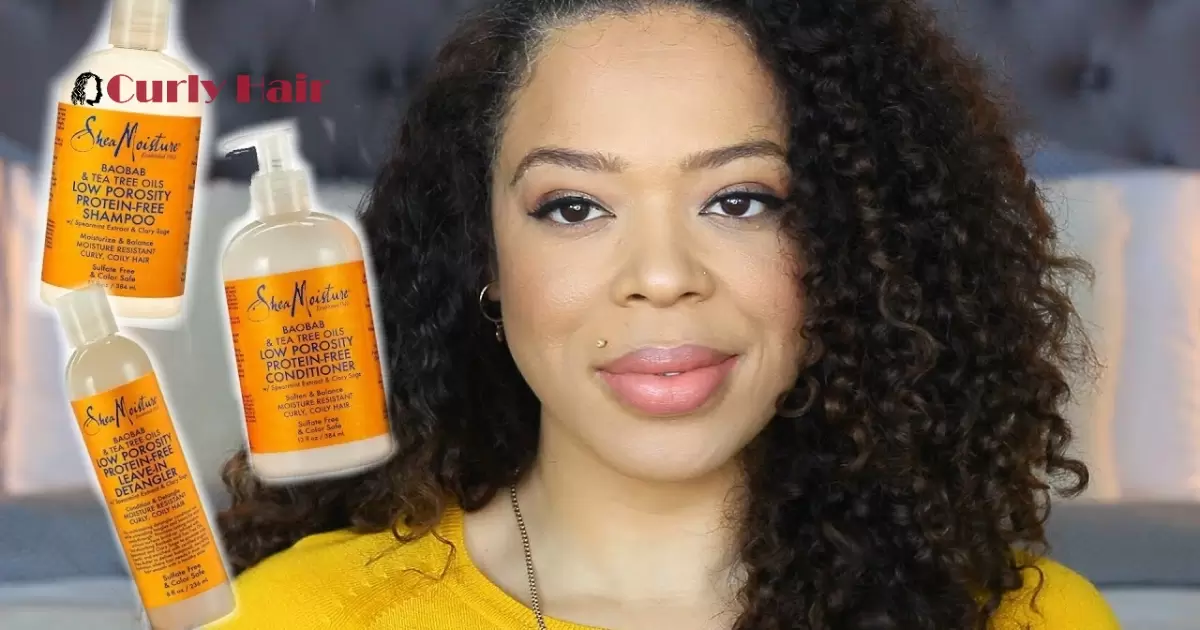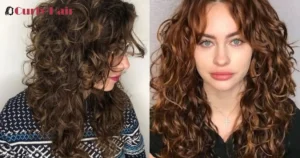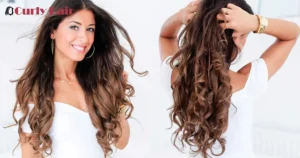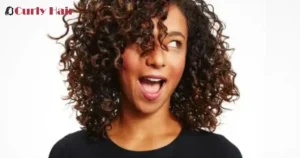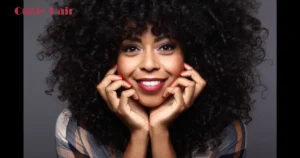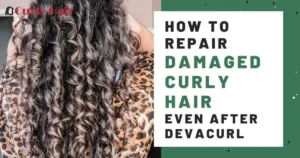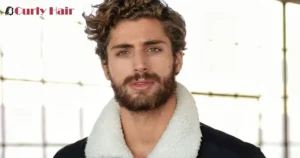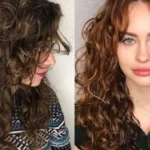Curly hair needs moisture to stay soft, defined, and frizz-free. It also requires protein to strengthen strands, preventing breakage and split ends. Finding the right balance between moisture and protein is key for healthy, manageable curls. Too much moisture can make hair limp and undefined, while too much protein can make it dry and brittle.
does your curly hair need moisture or protein? curly locks crave both for healthy, defined spirals. moisture keeps strands soft and smooth. protein fortifies and repairs damage. finding the right ratio prevents frizz and breakage. regular deep conditioning and treatments maintain the balance.
Too much moisture makes strands limp and undefined. Too much protein causes dryness and breakage. Finding the ideal balance keeps frizz at bay. Regular deep conditioning replenishes moisture. Protein treatments strengthen and repair damage.
Key Takeaways
- Balance moisture and protein
- Signs hair needs moisture dry, frizzy
- Signs hair needs protein limp, mushy
- Do a strand test to check
- Use protein treatments every 4-6 weeks
- Moisturize with oils, butters, glycerin
- Deep condition regularly
What’s The Difference Between Moisture And Protein?
Moisture is water content in something. It’s about how wet or damp it is. When we talk about moisture in hair or skin, we mean how hydrated they are. On the other hand, protein is a building block for our body. It’s like the bricks in a house. In hair and skin, protein helps in
structure and strength. If there is an imbalance between moisture and protein levels, hair feel heavy or weighed down. Too much or too little of either can cause problems. Too much moisture can make things soggy, while too much protein can make them brittle. Balance is key for healthy hair and skin.
Protein And How It Affects Hair
| Protein | How It Affects Hair |
| Provides strength | Helps reduce breakage |
| Supports hair structure | Enhances shine and smoothness |
| Promotes hair growth | Prevents frizz and dryness |
| Repairs damaged hair | Improves overall hair health |
Proteins, like keratin, are essential for hair health. Keratin is a type of protein that makes up hair strands. When you lack enough protein, hair growth can slow down, and existing strands may weaken or become brittle. It’s vital to include protein rich foods in your diet, such as eggs, fish, and beans, to support healthy hair growth.
Protein contributes to the overall structure of hair, providing it with strength and elasticity. Without enough protein, hair may become thin and prone to breakage. To maintain healthy hair, ensure your diet includes a balance of protein sources.
Why Is Moisture Important For Hair?
Moisture is vital for hair health. It keeps hair hydrated, shiny, and manageable. Without enough moisture, hair becomes dry, brittle, and prone to breakage. Moisture helps to maintain the elasticity of hair, preventing it from becoming stiff and rigid.
Moisture in the hair shaft helps to protect it from damage caused by heat styling and environmental factors. Overall, ensuring adequate moisture levels in the hair is essential for maintaining its strength, elasticity, and overall health.
What Do Protein And Moisture Mean For Curls?
Protein is like the building blocks for your curls. It helps strengthen them, making them less prone to breakage and frizz. But too much protein can make your hair feel stiff and brittle. So, it’s crucial to find the right balance. Moisture is what keeps your curls hydrated and flexible.
It helps prevent dryness and adds elasticity to your hair. Without enough moisture, your curls can become dull and prone to breakage. Finding the right balance between protein and moisture is key to maintaining healthy, bouncy curls.
Why Protein And Moisture Is Important For Curly Hair?
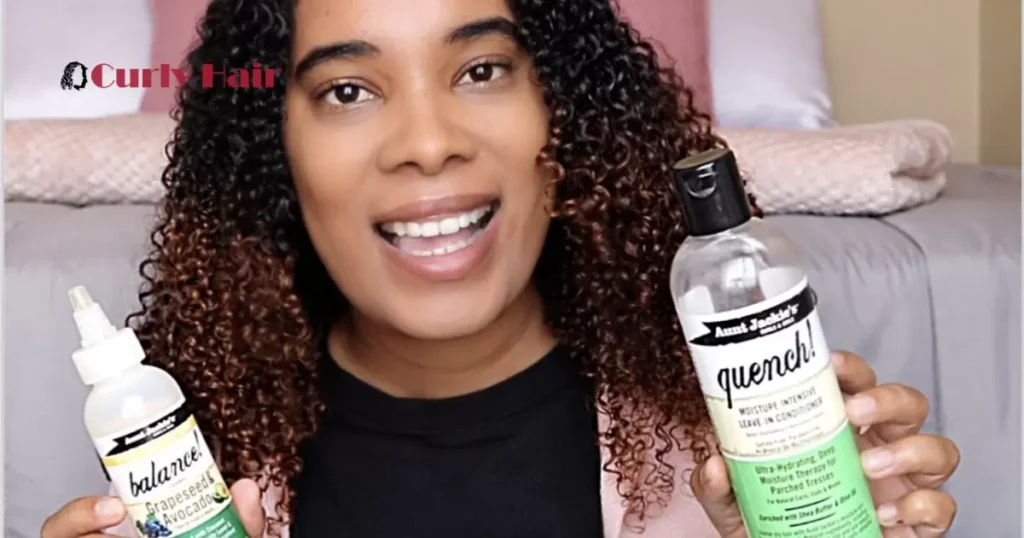
Protein is crucial for curly hair as it strengthens each strand, preventing breakage. It helps maintain the hair’s structure and elasticity, reducing frizz. Without enough protein, curly hair can become weak and prone to damage.
Moisture is essential for curly hair to stay hydrated and retain its natural oils. It keeps the hair soft, manageable, and less prone to tangling. Lack of moisture can lead to dryness, brittleness, and dullness in curly hair. Combining both protein and moisture ensures healthy, bouncy curls that look vibrant and lively.
How Do You Know If Your Hair Needs Protein Or Moisture?
If your hair feels dry, brittle, and prone to breakage, it likely needs moisture. Look for products containing ingredients like glycerin, aloe vera, or coconut oil. These help hydrate your strands, leaving them soft and manageable. If your hair lacks elasticity and feels limp, it could be a sign of moisture deficiency.
On the other hand, if your hair feels weak, mushy, or overly elastic, it may be in need of protein. Look for products with ingredients such as keratin, collagen, or hydrolyzed silk. These ingredients can help strengthen your hair shaft, improving its resilience and reducing breakage.
Signs Of Not Enough Moisture
Dry, flaky skin can indicate insufficient moisture levels. When your skin feels tight or looks dull, it might be lacking hydration. Another sign is increased sensitivity or irritation, suggesting your skin’s protective barrier needs more moisture.
If your lips are frequently chapped, it’s a clear signal of moisture deficiency. Lack of moisture can also lead to brittle hair and split ends, indicating the need for hydration from within. Pay attention to your body’s signals to ensure it gets the moisture it needs for optimal health and vitality.
Signs Of Not Enough Protein
Dry skin, cracked lips, and chapped hands indicate insufficient moisture. Your skin may feel tight, itchy, or appear flaky. Without enough hydration, your hair can become brittle and prone to breakage. Pay attention to how often you feel thirsty, as it may signal dehydration. Lack of moisture can also cause your eyes to feel dry and irritated.
In addition to physical symptoms, a dry environment can exacerbate the issue. Low humidity levels indoors can lead to discomfort and worsen dry skin. Keep an eye on the moisture levels in your home with a hygrometer. If it’s consistently below 30%, consider using a humidifier to add moisture to the air.
What Happens If Your Hair Has Too Much Protein?
When your hair gets too much protein, it becomes stiff and brittle. Too much protein can lead to breakage and hair loss. It can make your hair feel dry and rough. Your hair may become difficult to manage and style. Excessive protein can also cause scalp irritation and dandruff.
It’s essential to maintain a balanced diet to keep your hair healthy and strong. If you notice signs of protein overload, consider reducing protein-rich products and incorporating more moisture into your hair care routine.
How Can You Add Protein To Your Hair Routine?
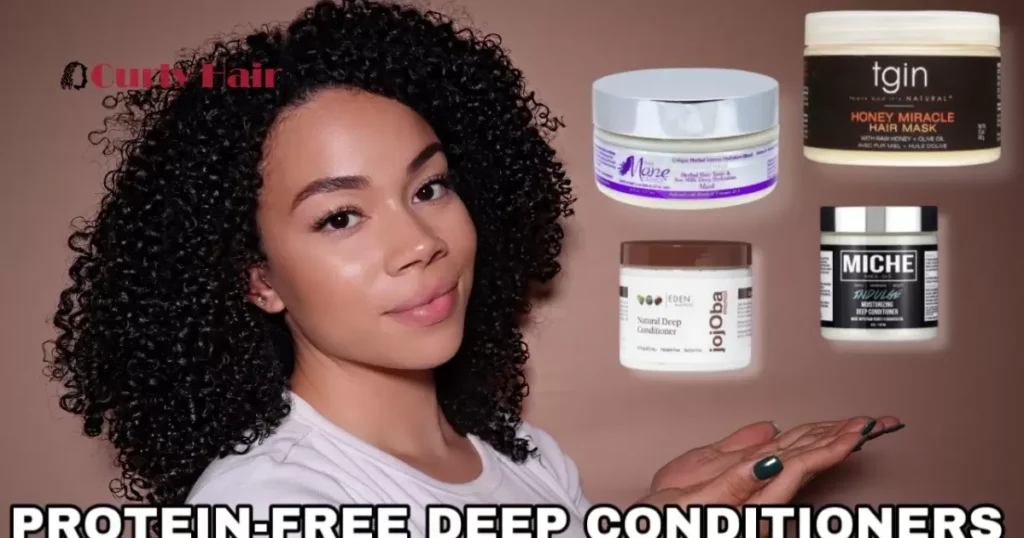
Looking to boost your hair’s strength and health? Adding protein to your hair routine can work wonders. One simple way is by using protein-enriched shampoos and conditioners. These products help fortify your hair strands, making them less prone to breakage.
You can also incorporate protein treatments into your routine, like masks or leave-in conditioners. These provide an extra boost of protein, leaving your hair looking and feeling stronger. To not overdo it, as too much protein can make your hair brittle. Finding the right balance is key for healthy, nourished locks.
Why Does My Hair Need Protein?
Our hair needs protein to stay healthy and strong. Proteins are like building blocks for our hair, repairing any damage and keeping it resilient. Without enough protein, our hair can become weak and prone to breakage.
Protein also helps to maintain the structure of our hair, giving it that smooth and shiny appearance. When we lack protein, our hair may appear dull and lifeless. To keep our locks looking their best, it’s essential to include protein-rich foods in our diet and use hair products that contain protein to nourish our strands from the outside.
Why Does My Hair Need Moisture?
Your hair needs moisture to stay healthy. Without enough moisture, it can become dry and brittle, leading to breakage and split ends. Moisture helps to keep your hair flexible and resilient, making it easier to style and manage.
When your hair lacks moisture, it can also become frizzy and difficult to tame. Moisture helps to smooth the cuticle layer of your hair, reducing frizz and enhancing shine. Moisture can help to maintain the natural elasticity of your hair, preventing it from becoming too stiff or prone to breakage.
Protein-Rich Hair Products
Looking for hair products that pack a protein punch? Look no further Protein-rich hair products are all the rage. These formulas strengthen and nourish your locks from root to tip. Say goodbye to brittle, lifeless hair and hello to silky, strong strands.
These products are like a protein shake for your hair. They contain ingredients like keratin and collagen that fortify your strands. You have fine, curly, or damaged hair, there’s a protein-rich product for you. Just a small amount can make a big difference in the health and appearance of your hair.
Moisturising Hair Products
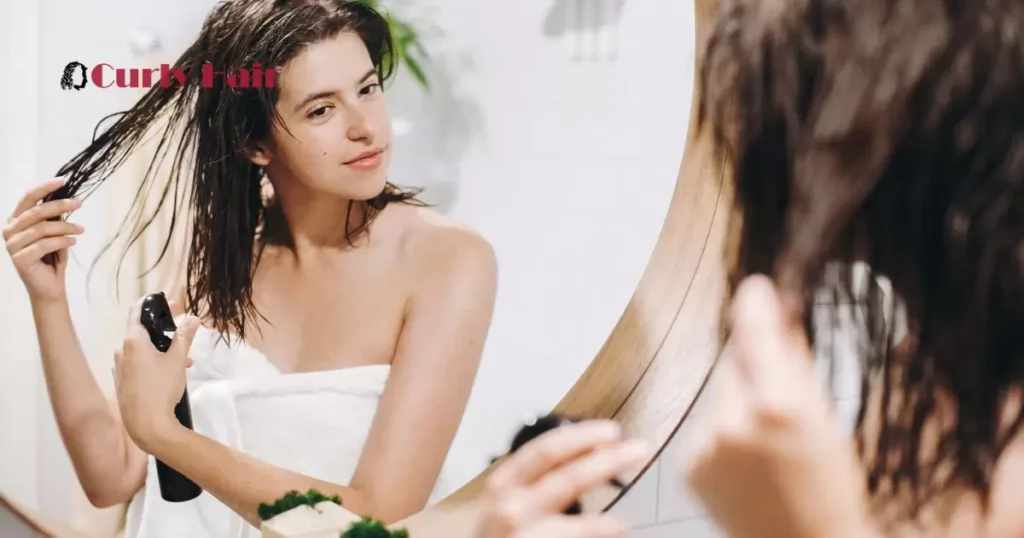
Moisturising hair products are essential for maintaining healthy locks. These products include conditioners, masks, and leave-in treatments. They work by replenishing lost moisture and nutrients, preventing dryness and breakage. Regular use can improve the texture and appearance of hair, leaving it soft and shiny.
It’s important to choose products suitable for your hair type and needs. Look for ingredients like argan oil, shea butter, and glycerin for effective hydration. Incorporating moisturising products into your hair care routine can help nourish and strengthen your strands, promoting overall hair health.
Frequently Asked Questions
What does curly hair look like when it needs moisture?
Curly hair in need of moisture appears dull and frizzy. The curls lose their bounce and become rough to the touch. They might even look tangled and lack definition.
What does curly hair look like when it needs protein?
When curly hair lacks protein, it appears frizzy and lacks definition. It feels dry to the touch and might break easily.
Does lack of protein make hair frizzy?
Lack of protein can lead to frizzy hair. Protein helps strengthen hair strands. When hair lacks protein, it becomes weak and prone to frizz.
Conclusion
Balancing moisture and protein is vital for your curls’ health. Understanding, does your curly hair need moisture or protein? ensures a tailored care routine. Too much moisture may lead to limp curls, while inadequate protein can cause breakage.
Strike the right balance hydrate regularly, use protein treatments wisely. Listen to your hair’s needs, and the answer to moisture or protein becomes clear.
